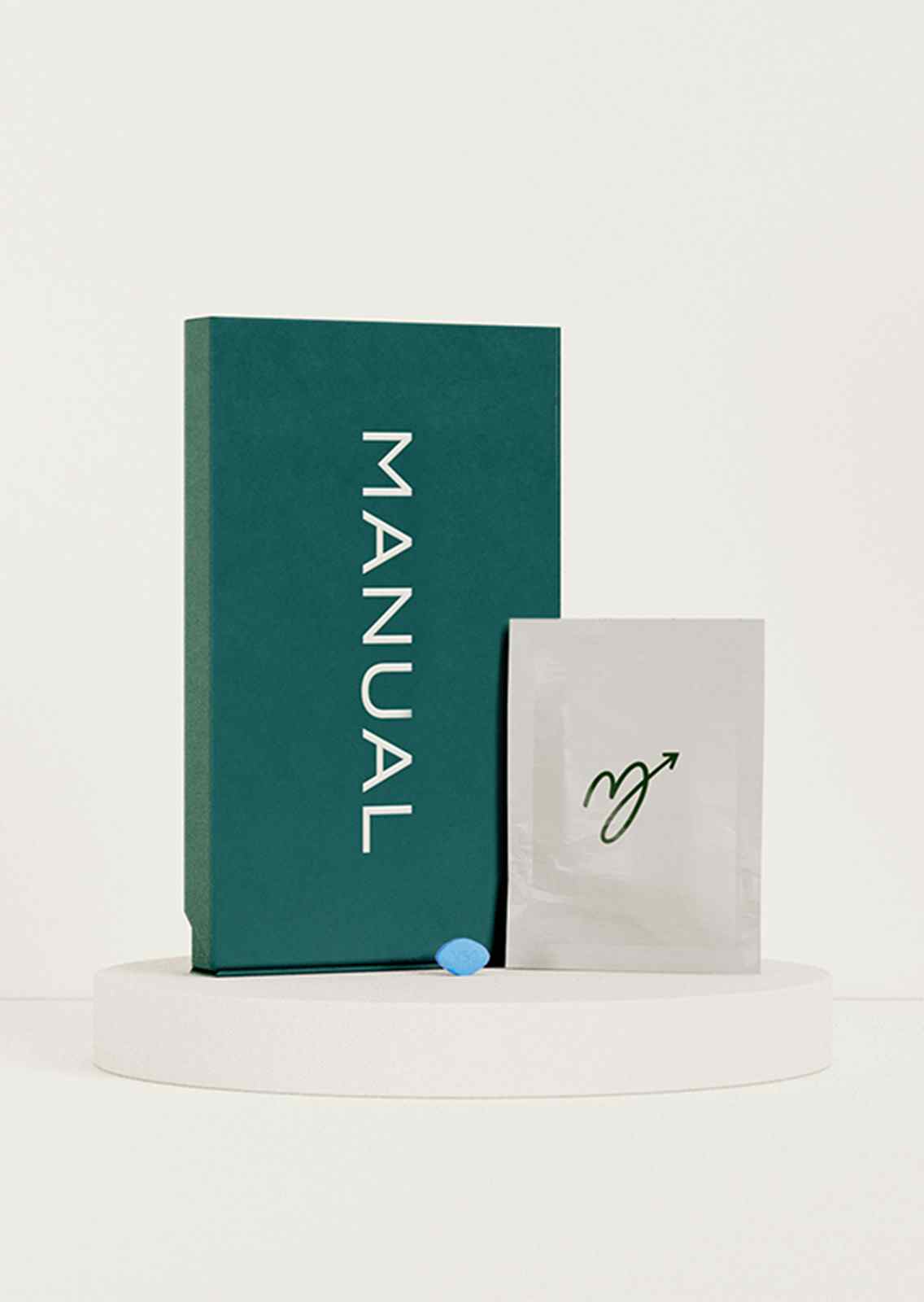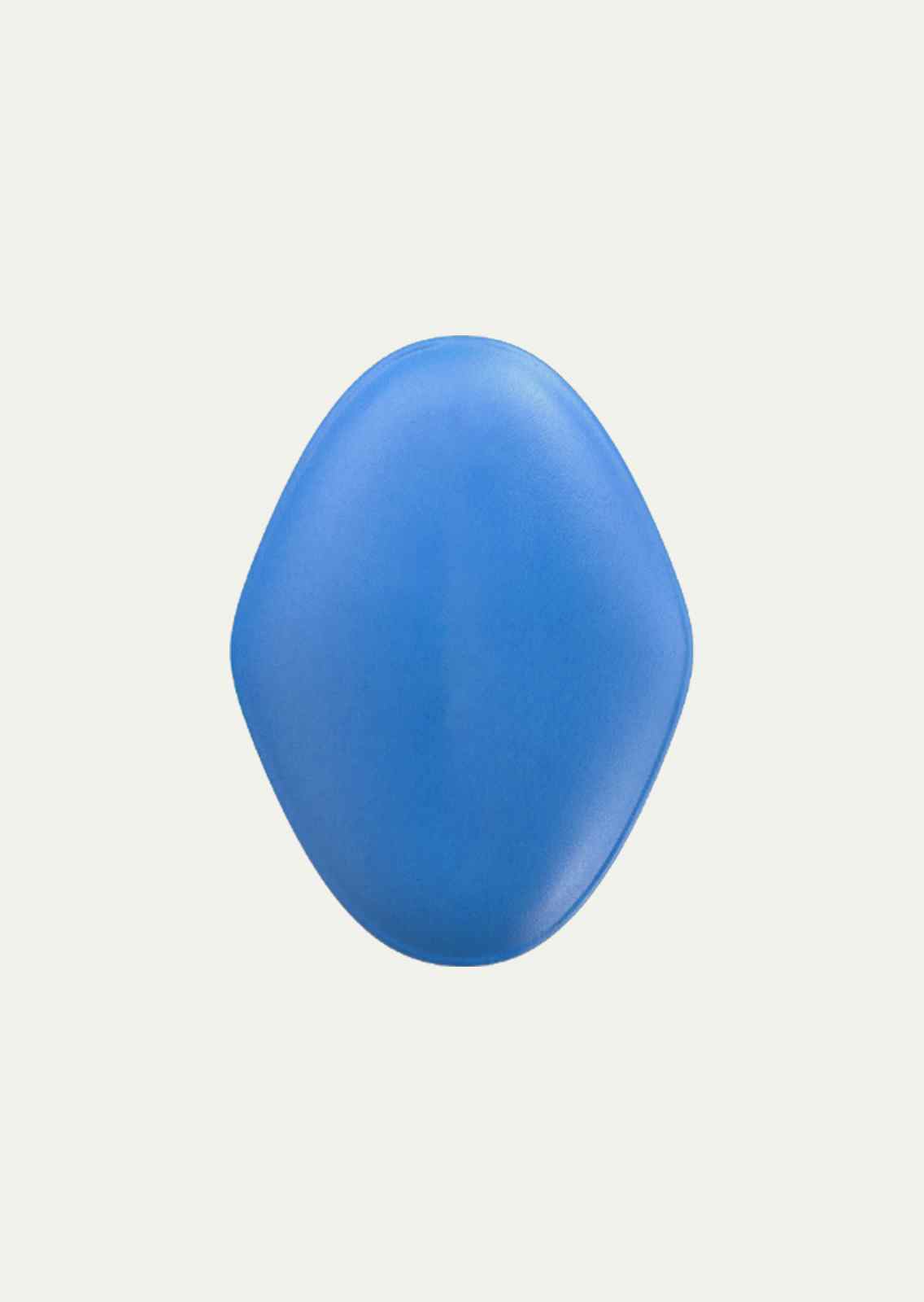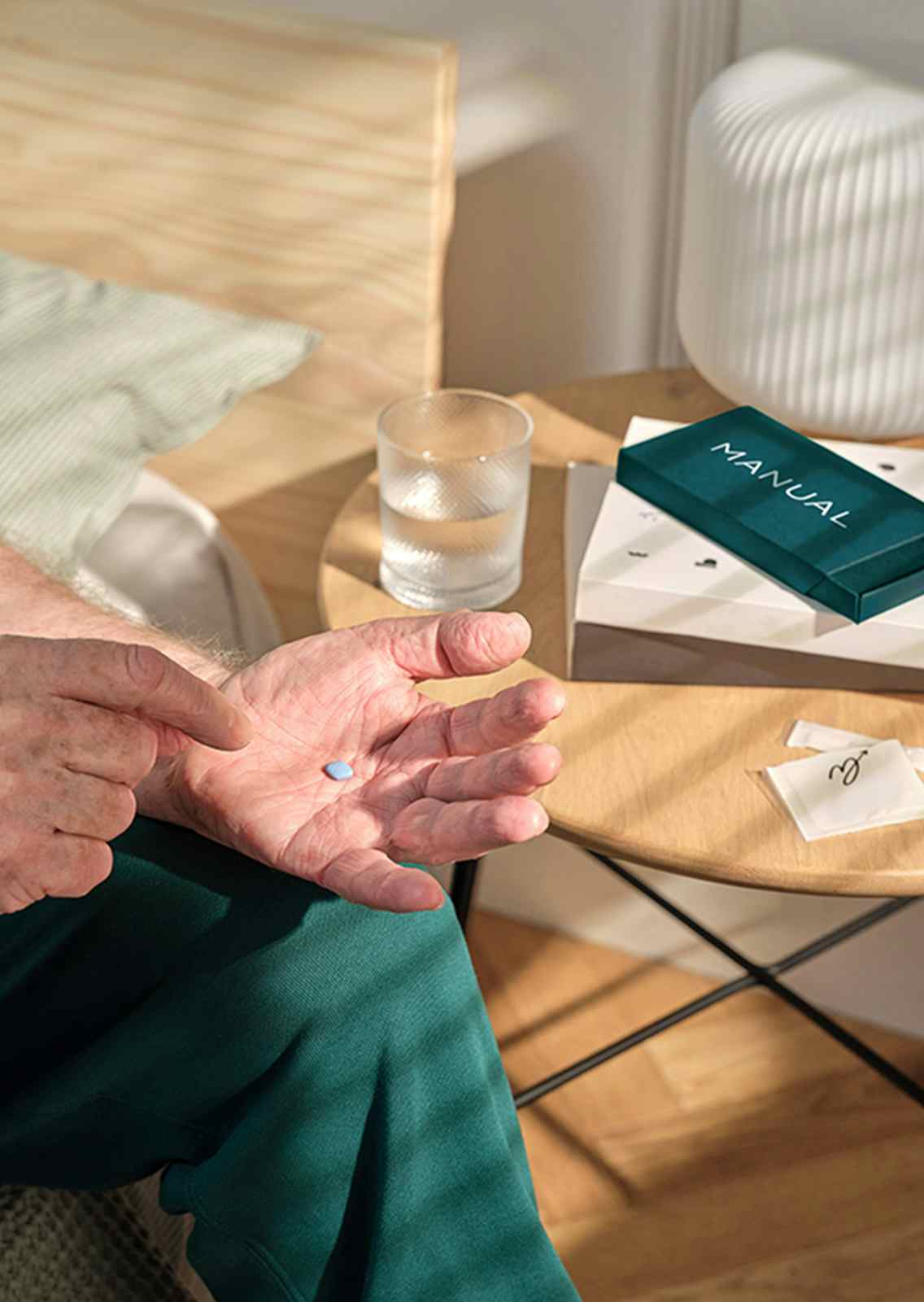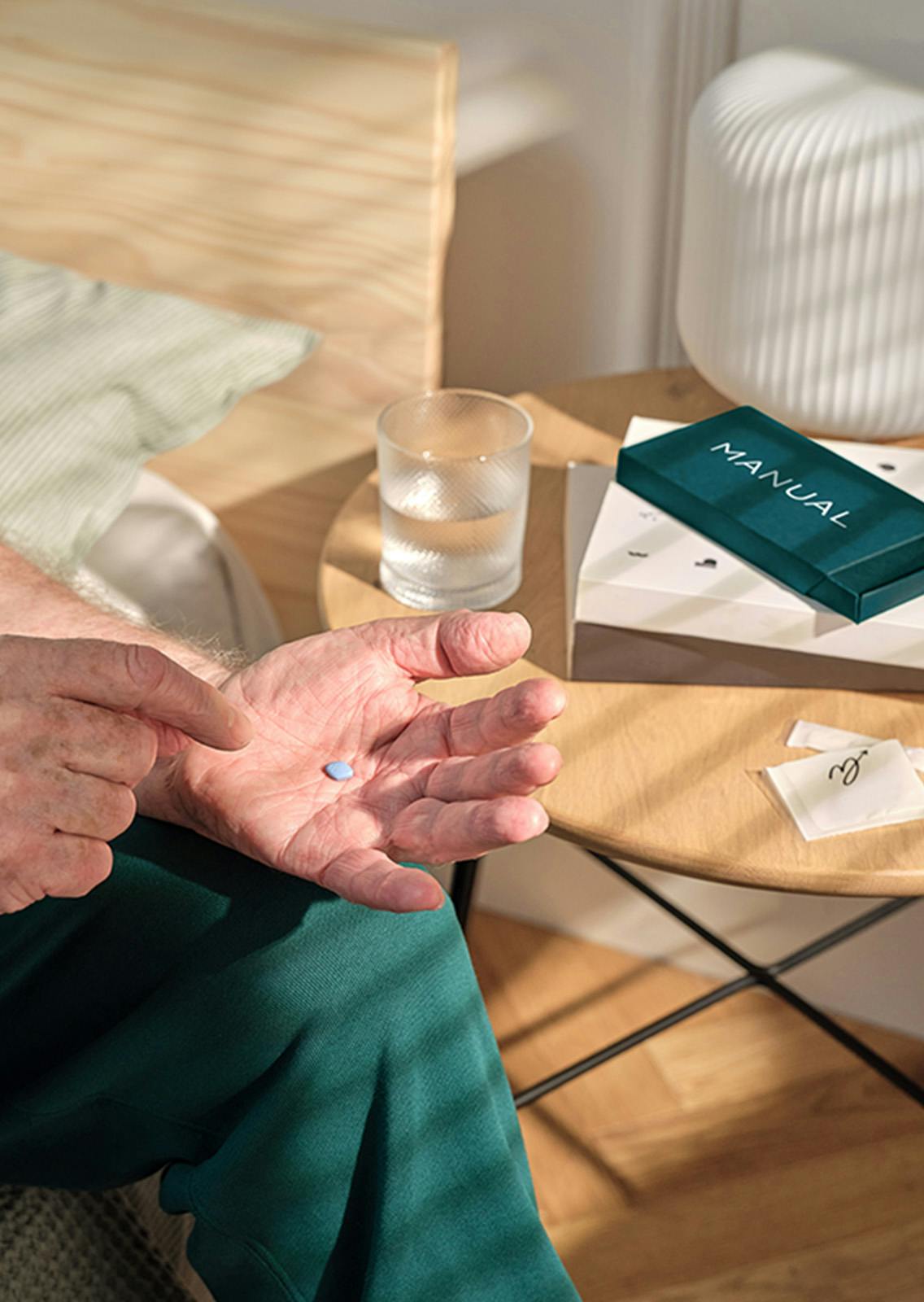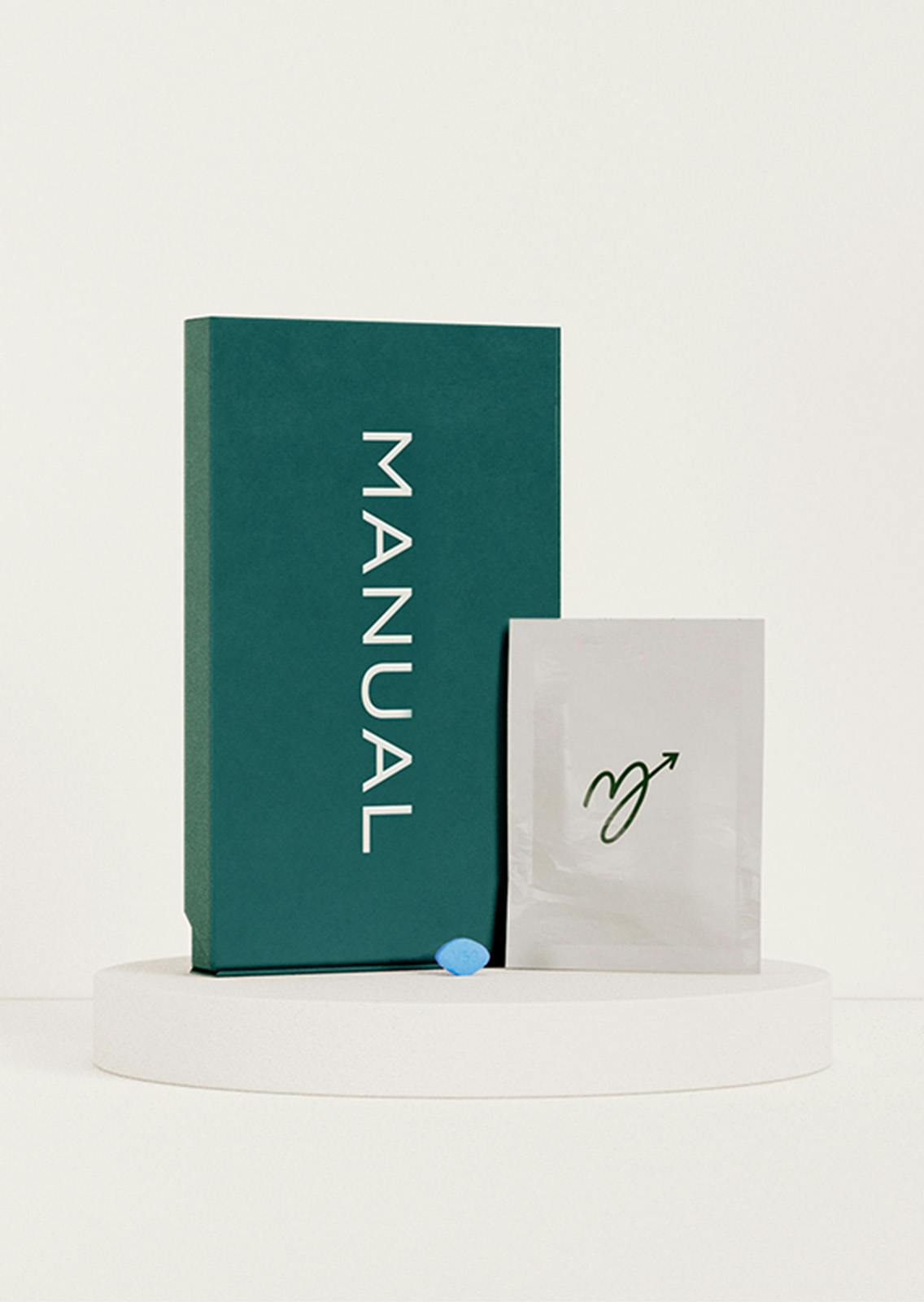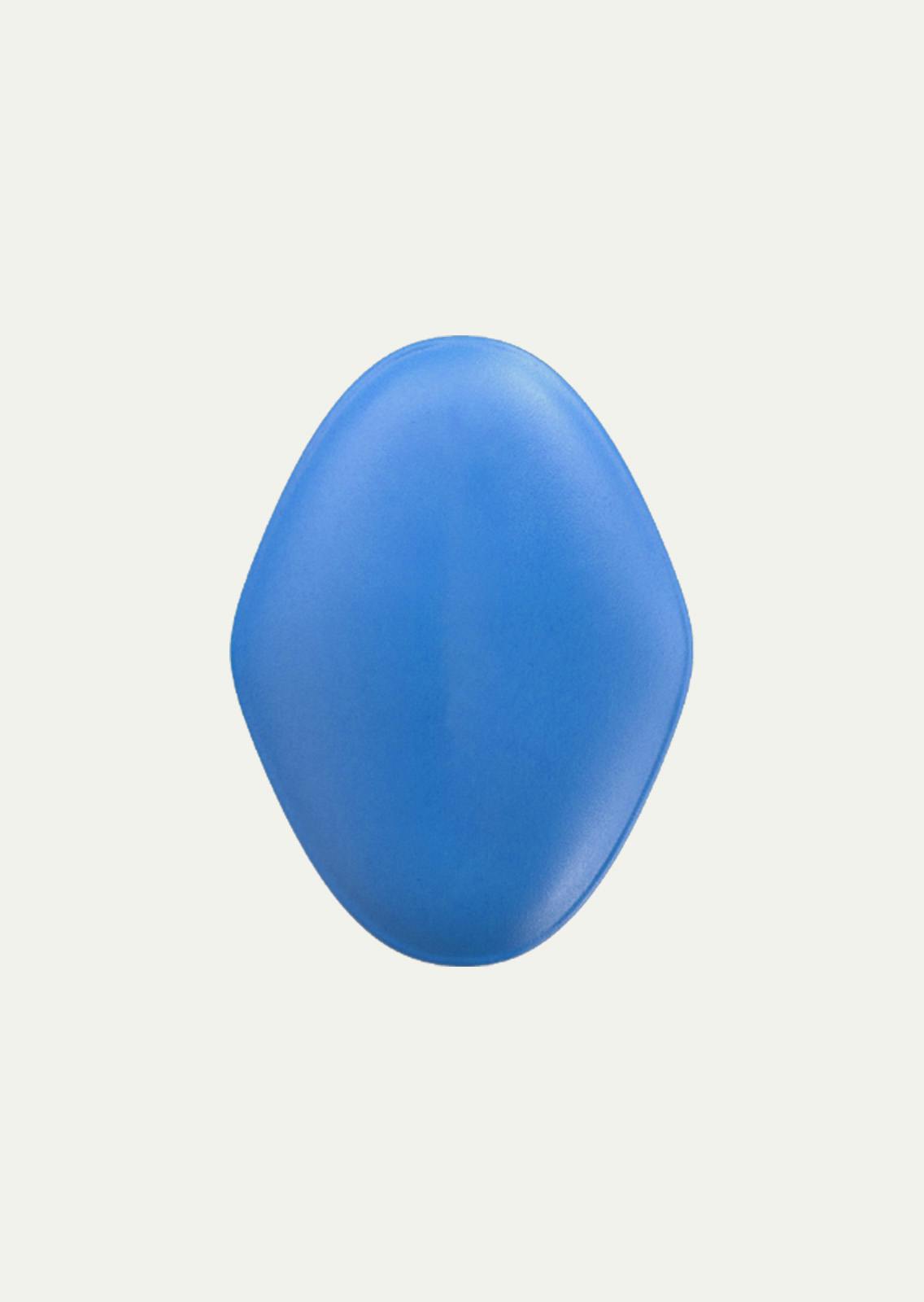As with all medicines, you need to know what you’re doing before taking Viagra. There can be side effects, it can interact with other drugs, and it can be harmful for sufferers of certain medical conditions.
Let’s talk about some of these – to ensure you take Viagra as safely and effectively as possible.
Firstly, don’t take more than one dose of Viagra in a 24-hour period. This increases the chances of side effects. And do not drink large amounts of alcohol before you plan to take Viagra. Drinking too much alcohol can reduce your ability to get an erection and this may prevent you from getting the maximum benefit from the tablets. Alcohol can also reduce your blood pressure, which combined with similar effects of Sildenafil can cause dizziness and headaches
If you feel the tablets are too strong, discuss this with the clinician as your dose may need to be reduced. Likewise, let them know if you don’t get an erection after taking Viagra, or if it doesn’t last long enough for you to have sex. Whatever you do, do not take more tablets than the recommended dose.
Side effects of Viagra Connect
If present at all, the side effects of Viagra Connect are usually mild and temporary. The most common side effects are headache, flushing, indigestion, nasal congestion, dizziness, nausea, hot flushes, and vision changes (such as having a blue colour tinge, or blurred vision).
These should go away pretty quickly. If they don’t, however, seek the advice of a healthcare professional. If you’ve had a persistent erection, lasting longer than 2 hours, it’s time to seek urgent help. Priapism – an erection that is painful and just won’t go away – is an infamous, but very rare, side effect of Viagra. If you are experiencing one, you should go to your local A&E department immediately.
Who shouldn't take Viagra Connect?
Viagra is for the use of adult men experiencing ED only. Women, men under 18, or men who are not experiencing ED simply should not use it.
This also applies to men for whom sexual activity may be inadvisable. It includes men:
- whose doctor has advised that they are not fit enough for any physical and/or sexual activity.
- who feel very breathless or experience chest pain with light or moderate physical activity, such as walking briskly for 20 minutes or climbing two flights of stairs.
- who have had a recent (6 months) acute myocardial infarction (AMI) or stroke
These are not the only men that should be wary. Those who have any of the following should speak to a clinician before taking Viagra Connect:
- Hypersensitivity to the active substance or to any of the excipients.
- Anatomical deformation of the penis (such as angulation, cavernosal fibrosis or Peyronie's disease).
- Loss of vision in one eye because of non-arteritic anterior ischaemic optic neuropathy (NAION) or known hereditary degenerative retinal disorders such as retinitis pigmentosa.
- Galactose intolerance, Lapp lactase deficiency or glucose-galactose malabsorption.
- Previously diagnosed hepatic disease or severe renal impairment.
- Sickle cell anaemia, multiple myeloma or leukaemia.
- Any bleeding issues (e.g. haemophilia) or that have active stomach ulcers.
Which drug interactions should you be aware of?
Finally, Sildenafil is known to interact with certain other medications. If you are on any of these, please let us – or your healthcare provider – know.
- Nitrates (nicorandil or other nitric oxide donors e.g. glyceryl trinitrate, isosorbide mononitrate or isosorbide dinitrate) for chest pain.
- ‘Poppers’ for recreational purposes (e.g. amyl nitrite), or any recreational stimulant drugs such as cocaine or mdma.
- Riociguat or other guanylate cyclase stimulators for lung problems.
- Ritonavir (for HIV infection).
- CYP3A4 inhibitors, e.g. saquinavir (to treat HIV infection), cimetidine (a heartburn treatment), itraconazole or ketoconazole (to treat fungal infections), erythromycin or rifampicin (antibiotics) or diltiazem (for high blood pressure).
- Alpha-blockers, such as alfuzosin, doxazosin or tamsulosin, which are medicines to treat urinary problems due to enlarged prostate (benign prostatic hyperplasia) or occasionally to treat high blood pressure.
- Other treatments for ED. Too many PDE5 inhibitors in your system increases the chances of side effects.
